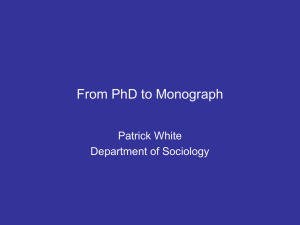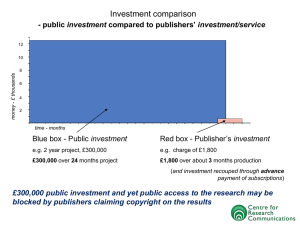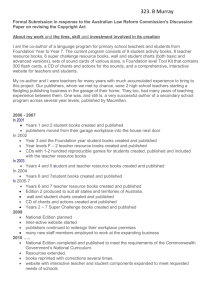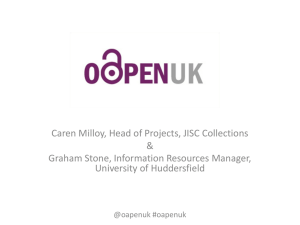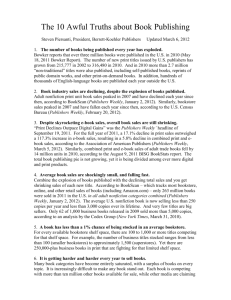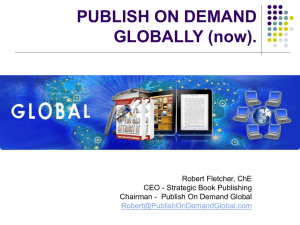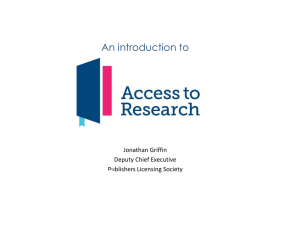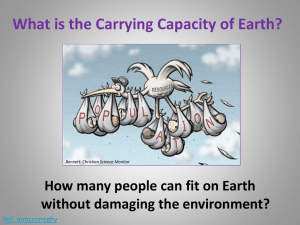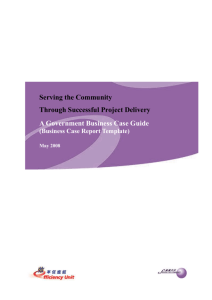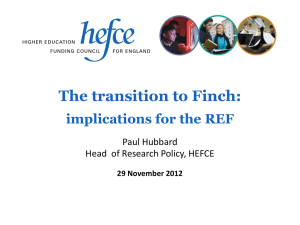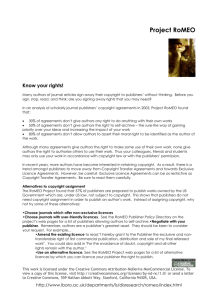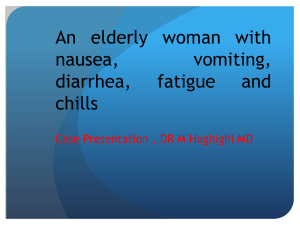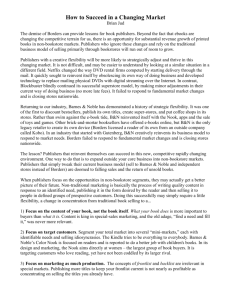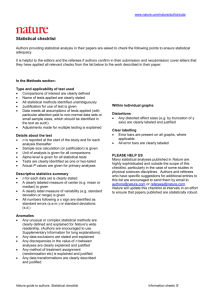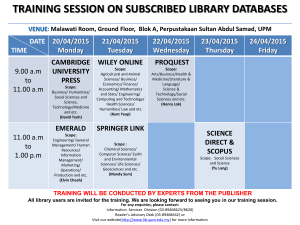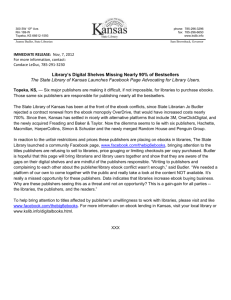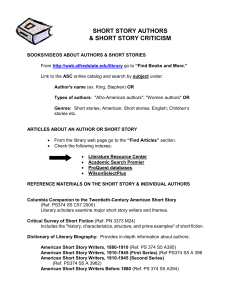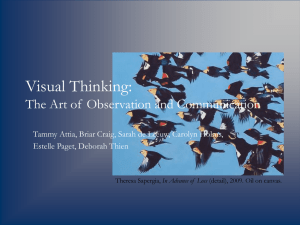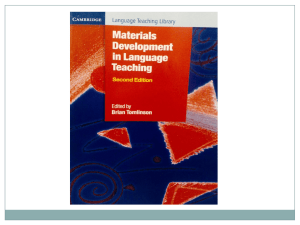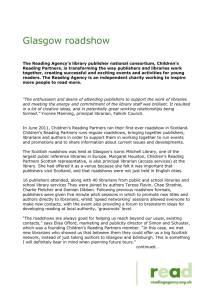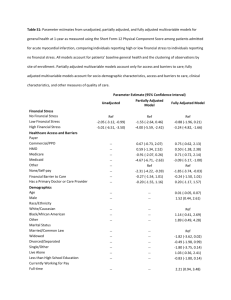Publishing a Book
advertisement
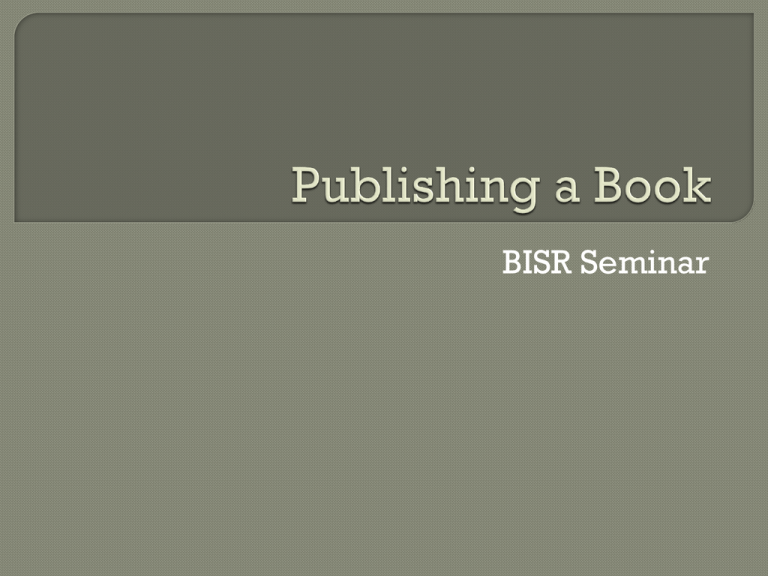
BISR Seminar Better to get a cleaning job (assuming £8 ph pay). Example: a book takes 2 years to write with an average of three hours a day for four days a week. So about 1080 hours. If lucky with royalties, this probably works out at £1ph. Sales of academic books usually between 400 and about 1500 (for student-oriented books). Assuming each book sold is read by 3-4 people, this might be worthwhile, or maybe not. Reviews may take years to appear. But: It might sell well. It might be read by people in the field who matter. It is much more likely to be noticed than are journal articles. In sciences, journal articles are more important. In arts and humanities, monographs seem to be very important measures of academic achievement. In social sciences books can mark ‘coming of age’ without necessarily being a requirement. Books definitely help, especially in arts and humanities. Referees often comment substantially on books. Panels will usually wait until reviews and referees’ comments on a book are available, and not take ‘commissioned’ or ‘to be published’ as sufficient. For any people it is a nightmare… But: a book provides opportunity to: • follow thoughts through and develop arguments, • be brave and speculate, • write in a more literary way, • draw together ideas and material published in a scattered way in journals. Monograph. Good for REF, less good fro sales. Close to the heart of most academics – a full length statement of a piece of research or scholarship. Edited collection. Much less good for REF and sales. Can be a way of making a major intervention in a field, drawing together many significant voices or making a statement by a new group of scholars. Often very frustrating to do. Essay collection. Very attractive way of pulling together one’s own work, though can be a problem of repetitiousness and/or coherence. Only REF friendly if chapters are not entered separately. Student text. No good for REF. Best option for sales. More likely to appear in paperback. Can cross over into monograph but in any case has its own value in teaching and communicating. Publishers are always looking for authors and books. Some publishers have more expertise in certain areas than others, and sometimes more academic standing – this matters more in the arts and humanities. Look for a publisher with a strong list in your area, maybe a series into which your book will fit, and perhaps some authors whose work yours relates to directly. It is probably not worth worrying about which publishers will sell more copies of your book. It might be worth considering the stability of the publishing team – what they are like to work with. Proposal Review Commissioning Draft Review Final version Marketing 5-10 pages plus sample chapter Rationale: what is the field, how will book contribute to it, how does it fit with the list or series, why is it needed? Emphasise the academic standing of the book. Chapter outlines (1-3 paragraphs on each) Market: who will buy it, will it sell overseas (esp. USA), what courses will list it, what disciplines does it speak to? Length, timescale Author – how qualified to write this, what else published. Better to send in a proposal than a whole book (though this can work). Publishers send out proposals to independent review, usually to check quality but also for a view on market. Reviewers can be very slow and brief in their responses, but sometimes are very helpful. Reviews of first draft plus publisher’s comments can be very valuable (and annoying). Reviewers want there to be substantial academic content, good writing style, a clear reason for the book and evidence of its feasibility. They will also comment on market. Academic contracts tend to be quite standard – around 7.5% of actual receipts rising to 10% and then more if sales are good. Advances are generally non-existent, especially on first books. Edited books may not pay any royalties at all. It can be worth negotiating or getting advice. This slide is intentionally blank… (or at least this is how it usually seems to authors)
